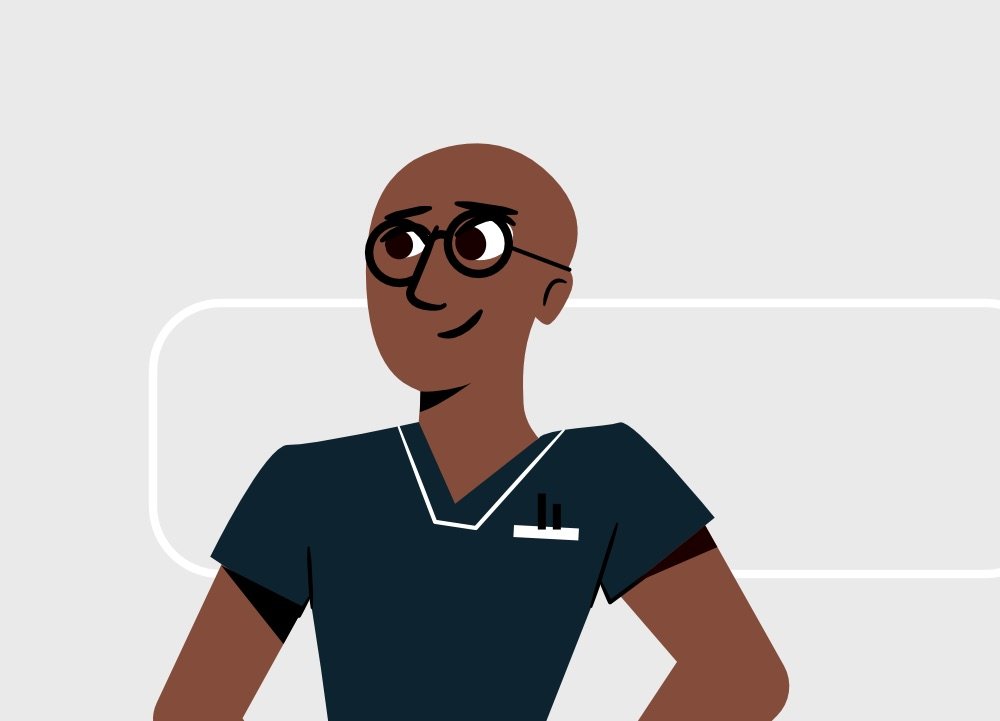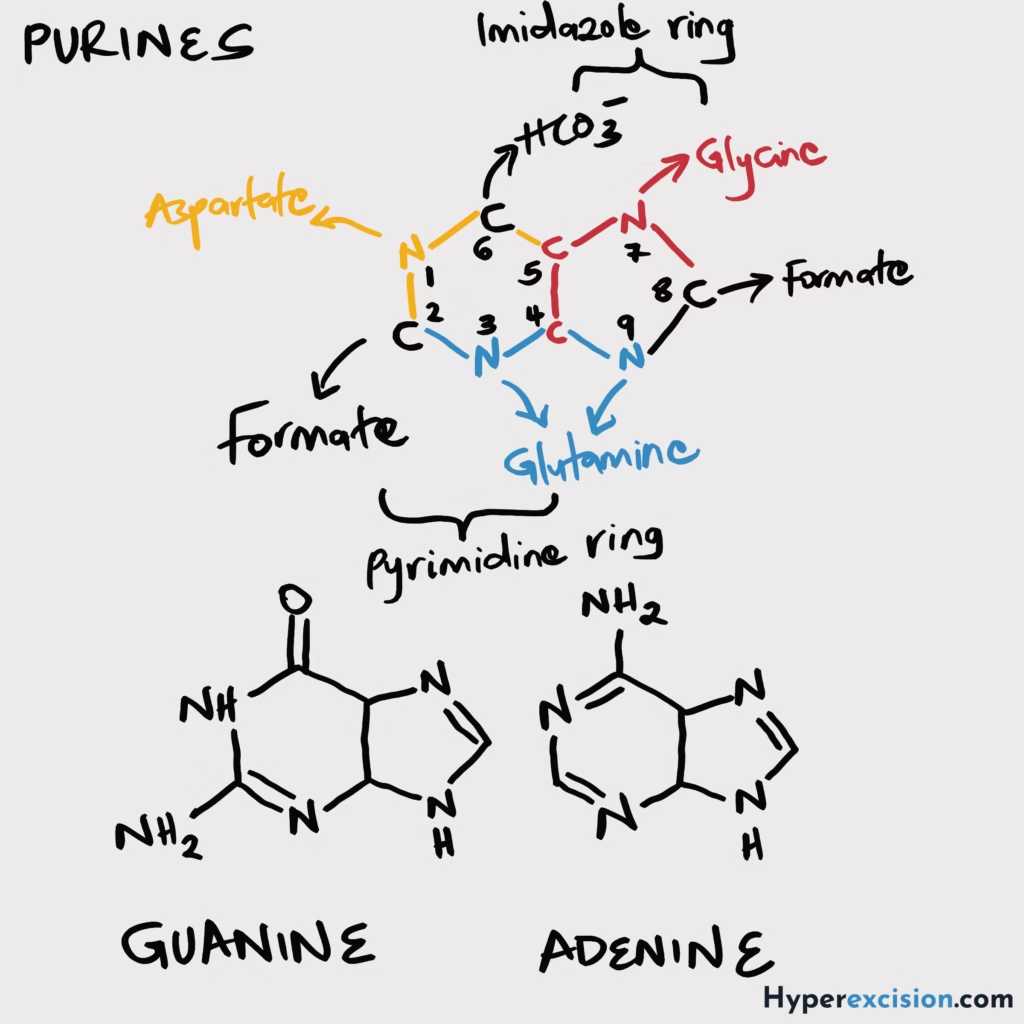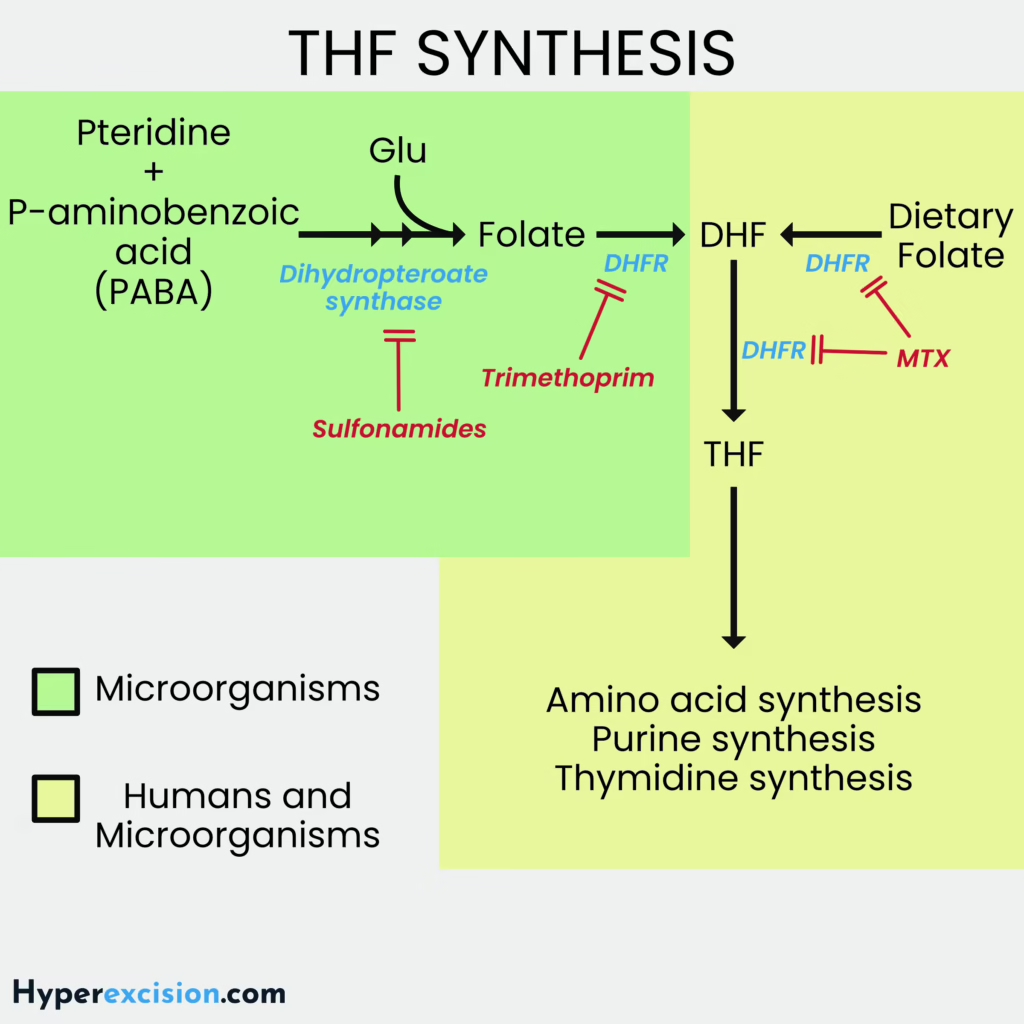Hallucinogens
Hallucinaogens work through various mechanisms. They have no addiction profile and no withdrawal syndromes, though patients taking LSD may experience “flashbacks” (recurrent intoxication) later in life. Tolerance is very low. Examples include:
Lysergic acid diethylamide (LSD)
Mescaline (Peyote cactus)
Psilocybin: the active ingredient in hallucinogenic mushrooms
Phencyclidine (PCP): unique symptoms of agitation, aggression, hyperacusis, seizures, coma. Patients on PCP are mean (mean hallucinators).
- Signs and symptoms of acute intoxication
- Hallucination
- Psychotic thought process (ideas of reference, decreased judgment)
- Synesthesia e.g. hearing a sound produces colour (one sensory stimulatin evokes another)
- Clumsiness
- Mydriasis
- Labile affect
- Dilated pupils
- Tachycardia
- Hypertension
- Hyperthermia
- Incoordination
- Sweating
- Palpiations
- “Bad trip” – marked anxiety, paranoid and psychotic symptoms (paranoia, hallucinations)
- Treatment
- Supportive care
- “Talking down” and reassurance especially if frightened
- Benzodiazepines for agitation
- Antipsychotics for agitated psychosis
Phencyclidine (PCP)
PCP is a dissociated, hallucinogenic drug that has a stimulant and depressant effect (depending on the dose). It works by antagonizing the NMDA receptor and activating dopaminergic neurons. It can be smoked (sprinkled on cigarettes or marijuana). Ketamine has similar effects to PCP but is less potent. PCP does not have withdrawal symptoms but “flashbacks” (recurrent intoxication) can occur due to release of the drug from body stores.
- Signs and symptoms of intoxication
- Agitation
- Aggression
- Depersonalization
- Hallucinations
- Synesthesia
- Impaired judgment
- Memory impairment
- Nystagmus (rotary, horizontal or vertical)
- Ataxia
- Dysarthria
- Hypertension
- Tachycardia
- Muscle rigidity
- High tolerance to pain
- Complications of PCP (overdose)
- Seizures
- Delirium
- Coma
- Death
- Treatment
- Monitor vitals and minimize sensory stimulation
- Verbal de-escalation
- Benzodiazepines to treat agitation, seizure prophylaxis, anxiety, and muscle spasms
- Antipsychotics PRN for severe agitation



